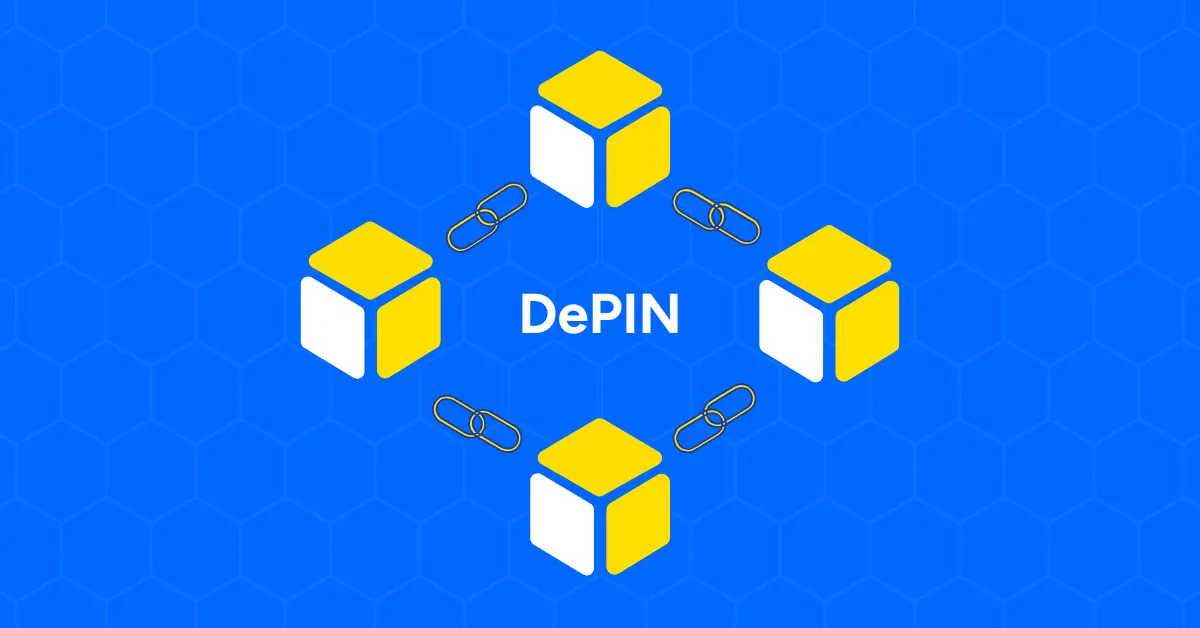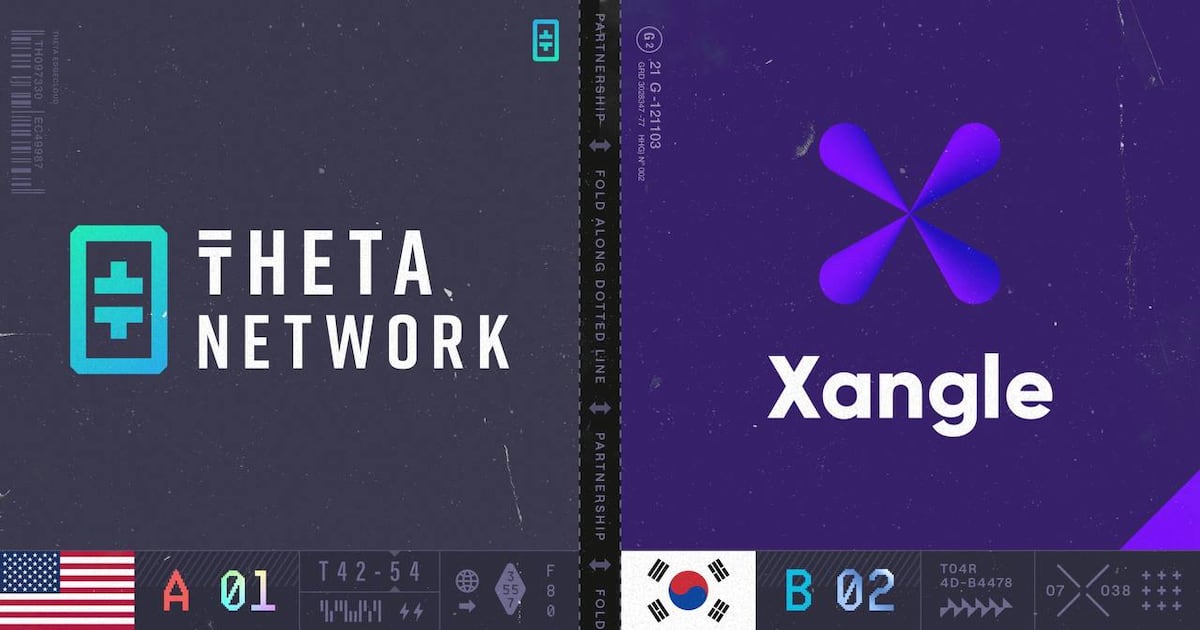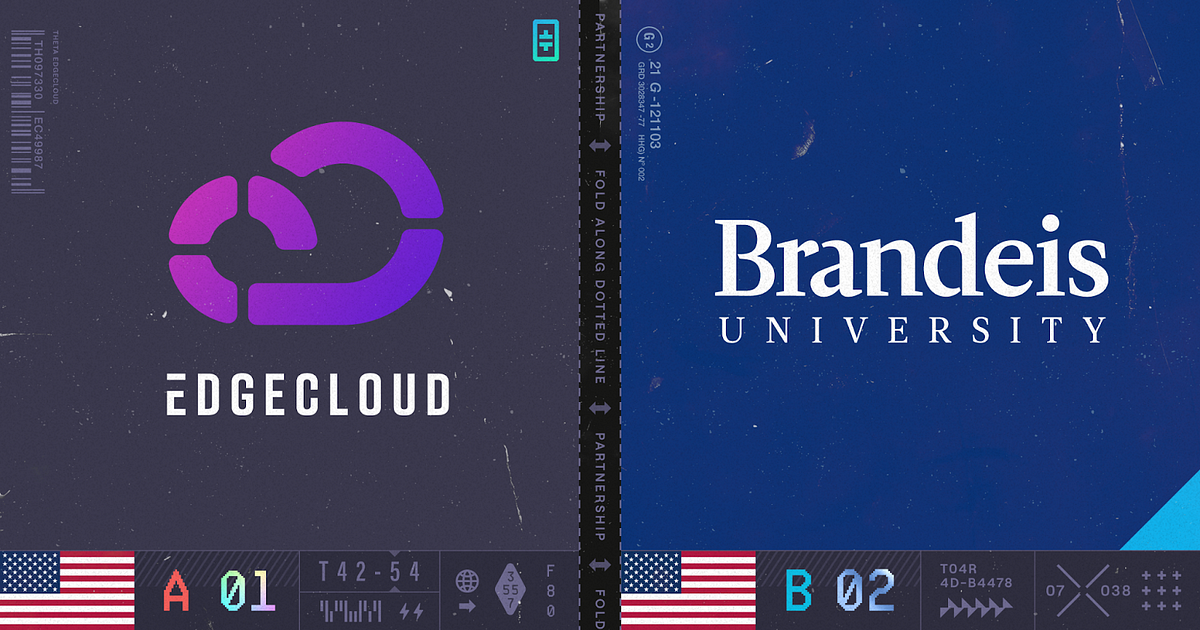5 days ago
Xangle Joins Theta Network as Enterprise Validator, Enhancing Blockchain InfrastructureOn the 9th, blockchain infrastructure corporation Xangle announced its entry into the global blockchain mainnet Theta Network as an enterprise validator. Theta Network is renowned for providing decentralized cloud infrastructure tailored for sectors such as artificial intelligence (AI), media, sports, and entertainment. It boasts a robust framework supported by over 30,000 distributed edge nodes worldwide, ensuring efficient operation and governance. The network has garnered strategic investments from notable entities including Samsung Next, Sony Innovation Fund, Bertelsmann Digital Media Investments, and Creative Artists Agency (CAA), with global giants like Google, Samsung, and Binance also participating as enterprise validators.
As part of its commitment to the Theta ecosystem, Xangle will stake a total of 200,000 Theta (THETA) tokens, significantly enhancing network security and governance as a validator node. The company aims to actively contribute to the expansion of the decentralized physical infrastructure network (DePIN) and the AI ecosystem that Theta promotes. Founded in 2018, Xangle has established itself as a leading web3 infrastructure service provider and research platform in Korea, offering community hubs, blockchain explorers, and comprehensive web3 industry analysis reports. It has also served as a validator for various global projects, including Aptos, Babylon, 0G, and Initia.
Lee Hyun-woo, co-CEO of Xangle, expressed enthusiasm about the partnership, stating, "We are very pleased to be listed as an enterprise validator alongside Google, Samsung, and CAA through our strategic partnership with Theta." He emphasized that staking in Theta's validator network aligns perfectly with Xangle's mission to enhance trust, decentralization, and transparency in layer 1 blockchains. Mitch Liu, co-founder and CEO of Theta Network, echoed this sentiment, highlighting Xangle's strengths in blockchain analysis and ecosystem development, and anticipating significant synergies in promoting Theta (THETA) and Theta Fuel (TFUEL), along with enhancing the overall security and scalability of the Theta blockchain.






